There's too much tendency to attribute to God the evils that man does of his own free will
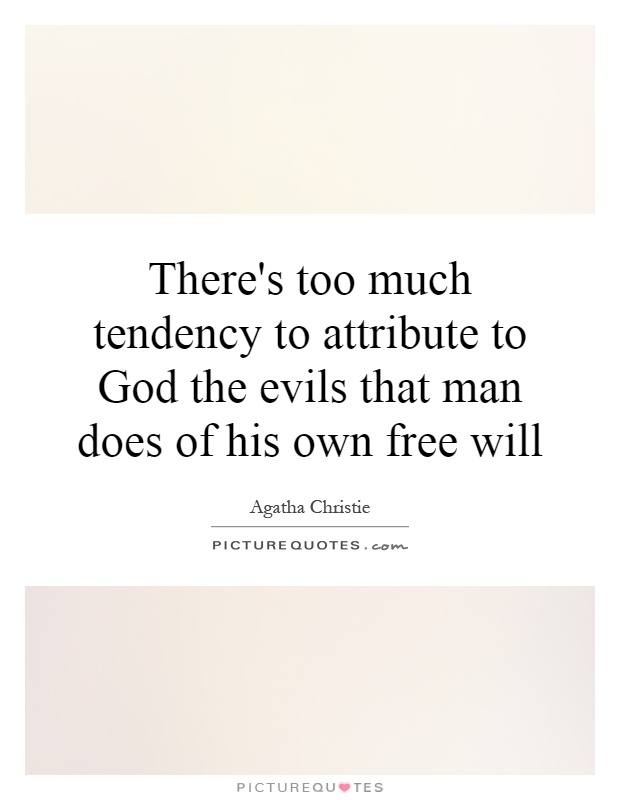
There's too much tendency to attribute to God the evils that man does of his own free will
Agatha Christie, the renowned queen of mystery novels, often explored the complexities of human nature and the concept of free will in her works. One of the recurring themes in her stories is the idea that humans are ultimately responsible for their own actions, rather than attributing them to a higher power like God. This sentiment is perfectly encapsulated in the quote, “There's too much tendency to attribute to God the evils that man does of his own free will.”Throughout her novels, Christie presents a wide array of characters who commit heinous acts, ranging from murder to betrayal, all in the name of personal gain or revenge. These characters are often driven by their own desires, insecurities, and flaws, rather than any divine intervention. Christie’s stories serve as a reminder that humans are capable of both great good and great evil, and that it is ultimately up to each individual to choose their path.
One of the most famous examples of this theme can be found in Christie’s novel “Murder on the Orient Express.” In this story, the protagonist, Hercule Poirot, is faced with a moral dilemma when he discovers that all the passengers on the train are connected to the murder victim in some way. As Poirot delves deeper into the case, he uncovers a web of lies, deceit, and betrayal, ultimately leading him to question the nature of justice and the motivations behind the crime.

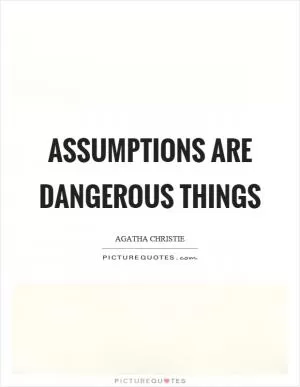

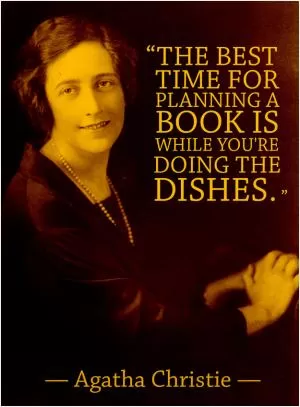
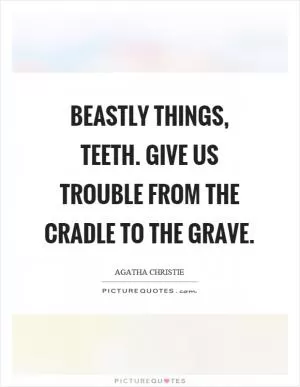



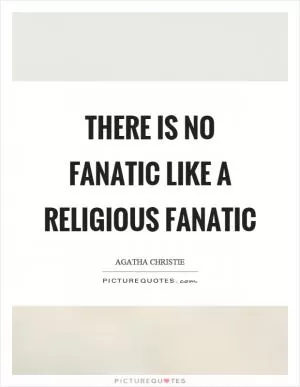
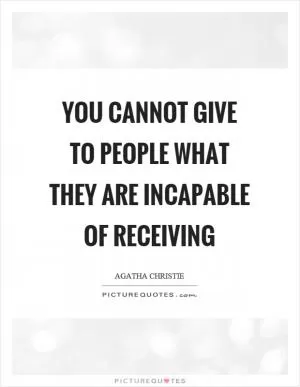


 Friendship Quotes
Friendship Quotes Love Quotes
Love Quotes Life Quotes
Life Quotes Funny Quotes
Funny Quotes Motivational Quotes
Motivational Quotes Inspirational Quotes
Inspirational Quotes